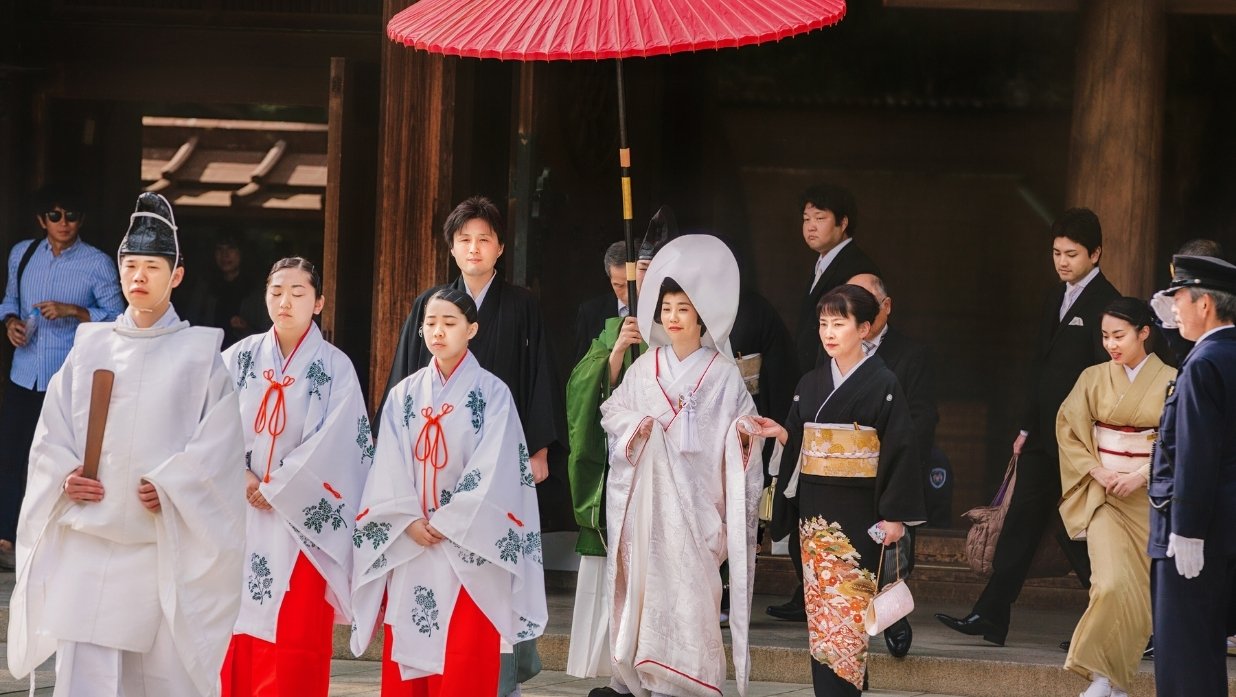Asking for Permission to Marry in Japanese
when in Rome, do as the Romans do. Are you engaged in a relationship with a Japanese lady and are planning to marry her? In Japan, it is important culturally to visit the parents of the partner for permission to marry. You may be from a different culture where such procedure is not needed. However, […]


